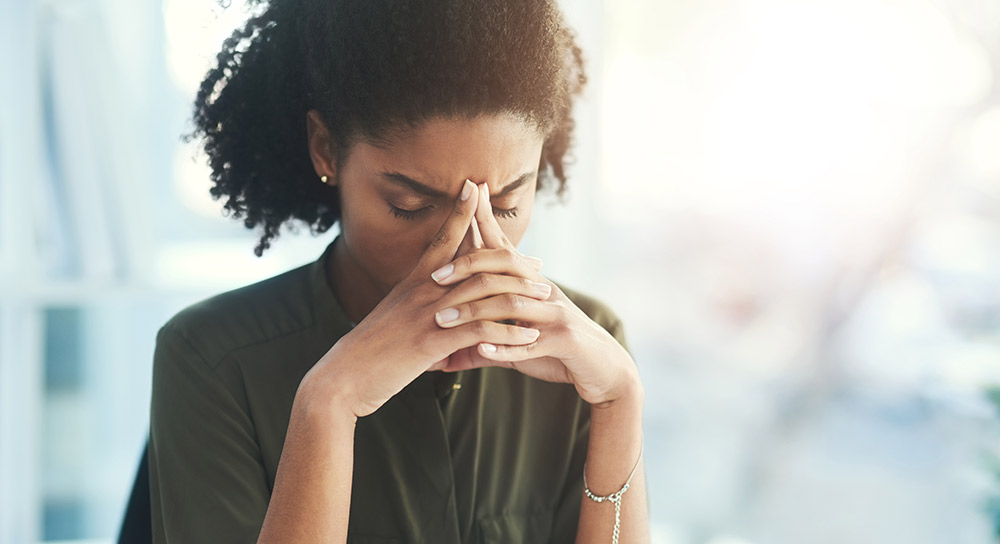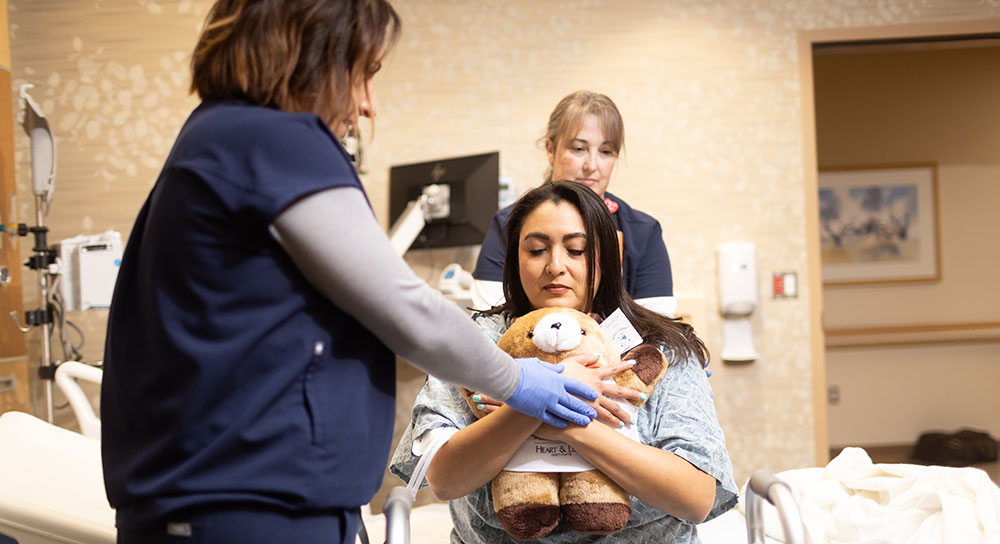
One reason for this, the NIMH says, is that depression can lead to poor physical and mental functioning; a person with depression is less likely to follow a healthy lifestyle that prevents some diseases. Also, if a person with depression has a chronic medical condition that requires a certain diet or medication, the depression may make it harder for him or her to follow the treatment plan.
Sometimes, developing a chronic condition or having a serious health problem can lead to depression. Having diabetes, for example, doubles the risk for depression, and the chances of becoming depressed increase as diabetes complications worsen, the NIMH says.
People with heart disease also are more likely to suffer from depression, and people with depression are at greater risk for developing heart disease. In addition, people with heart disease who are depressed have an increased risk for death after a heart attack. Drugs used to treat chronic conditions, such as high blood pressure, can worsen or even trigger depression and other mood disorders, the NIMH says.
People who are depressed also frequently suffer from headaches and stomach problems.
Getting help
How do you know if you have depression? Depression is more than a temporary attack of the blues. It is an illness that affects how you feel about yourself and how you think. Without treatment, the symptoms of depression can last for weeks or months, or even years, the NIMH says.
Fortunately, depression can be treated and managed, often with a combination of antidepressant medications and therapy.
These are the warning signs of clinical depression, according to the NIMH:
- Frequent thoughts of suicide or a suicide attempt
- Persistent feelings of sadness, hopelessness and pessimism
- An unexplained loss of appetite, with accompanying weight loss, or compulsive overeating
- Marked, continuing restlessness and irritability
- A gradual loss of interest in activities that used to provide enjoyment, including sex
- Increasing difficulty in concentrating, remembering and decision-making
Not everyone with depression has all of these symptoms. The symptoms also can vary in severity. If you have any of these symptoms, talk to your health care provider.





.jpg)
